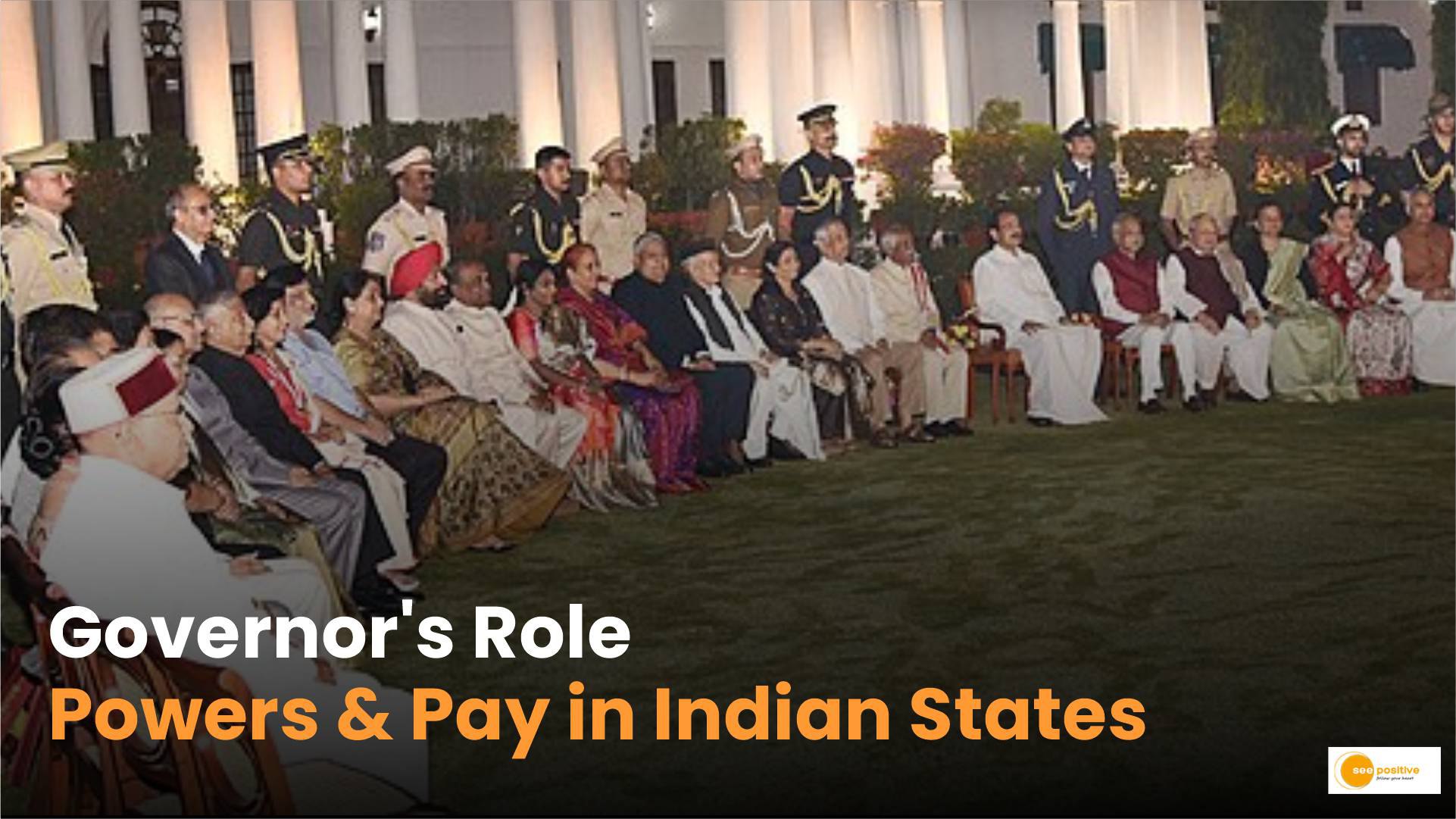The Governor is a crucial constitutional post in India, serving as the head of a state and acting as a bridge between the central government and the state. Appointed by the President of India, the Governor plays a vital role in ensuring that the state administration functions within the framework of the Constitution. This article delves into the responsibilities, powers, and salary of the Governor in India.
Appointment and Term
The Governor is appointed by the President of India for a term of five years, though they can be removed earlier by the President. The tenure is not fixed and can be extended or curtailed based on the President’s discretion. The same person can serve as the Governor of multiple states simultaneously, if deemed necessary. Know Powers and Functions…
Appointment Authorities
The Governor appoints the State Election Commissioner, the Advocate General, the Chief Minister, and other ministers. They can also appoint vice chancellors of state universities.
Norm-Establishing Authority
Ordinances may be promulgated by the governor during the absence of the state legislature.Though they need to be approved by the legislature within six weeks after reassembly, these ordinances have the same legal force as state legislation.
Administrative Powers
The Governor oversees the functioning of the state government and ensures that it acts according to the Constitution. They can seek information from the Chief Minister regarding the state’s administration and may recommend the imposition of President’s Rule if they believe the state is not being governed according to the Constitution.
Legislative Powers
Summoning and Proroguing Sessions: The Governor has the authority to summon and prorogue the sessions of the state legislature and dissolve the legislative assembly.
Assent to Bills
The Governor can give or withhold assent to bills passed by the state legislature or reserve them for the President’s consideration.
Addressing the Legislature
At the beginning of the first session after each general election and the first session of each year, the Governor addresses the state legislature, outlining the government’s policies and plans.
Clemency Powers
The Governor has the power to grant pardons, reprieves, respites, or remissions of punishment or to suspend, remit, or commute the sentences of persons convicted of offenses against state laws.
Discretionary Powers
In certain situations, the Governor can act at their discretion, independent of the advice of the Council of Ministers. This includes situations like the appointment of a Chief Minister when no single party has a clear majority, or recommending President’s Rule in the state.
Salary and Perquisites
The Parliament sets the governor’s pay and a host of other privileges for each Indian state. A governor’s pay as of 2024 is ₹350,000 per month. Governors are paid a salary as well as a number of benefits and allowances, which include:
Official Residence: Raj Bhavan is a well-appointed official residence with personnel and facilities.
Travel Allowance: Free travel for official purposes within the state.
Medical Facilities: Comprehensive medical facilities for the Governor and their family.
Personal Staff: An entourage of personal staff for official duties and personal assistance.
Other Allowances: Various other allowances as per the state norms, including entertainment, hospitality, and secretarial allowances.
READ MORE Agniveer Reservation: Agniveer will get special facility in UP!
At the End
The post of Governor in India is a significant one, with a mix of ceremonial and substantive powers that ensure the smooth functioning of the state government in alignment with the constitutional provisions. The Governor acts as a vital link between the central and state governments, upholding the spirit of cooperative federalism. Despite being largely ceremonial, the discretionary powers and the role in critical situations make the Governor a key constitutional figure in India’s democratic setup.


